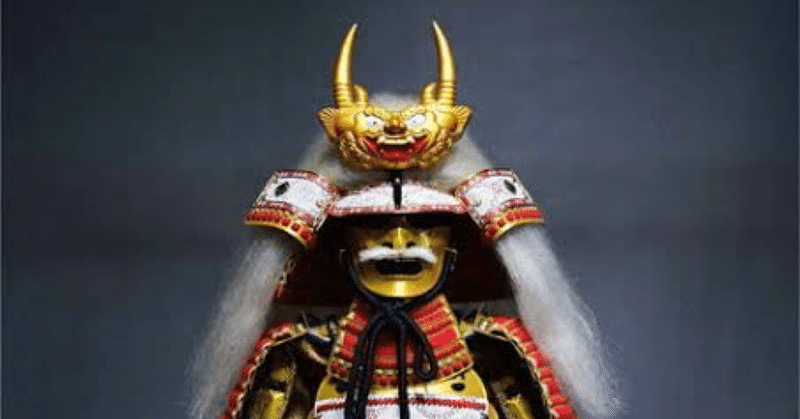
The Spirit of Bushido: Exploring Japan's Historical and Cultural Samurai Code
Introduction:
The spirit of Bushido, or the "Way of the Warrior," has long been an integral part of Japanese culture and history. As the guiding philosophy of the samurai warrior class, Bushido has shaped Japan's national identity and values for centuries. In this article, we will delve into the origins, principles, and cultural significance of Bushido, exploring how it continues to influence modern Japanese society.
Origins and Evolution of Bushido:
Bushido can be traced back to Japan's Heian period (794-1185), when the samurai class emerged as a powerful force in Japanese society. Influenced by Confucianism, Shintoism, and Zen Buddhism, the Bushido code evolved over time to include a set of moral and ethical principles that governed the samurai's actions, both on and off the battlefield.
Key Principles of Bushido:
The spirit of Bushido is characterized by seven key virtues:
Gi (Justice): The concept of justice is central to Bushido, as samurai were expected to make morally sound decisions based on a strong sense of right and wrong.
Yu (Courage): Demonstrating bravery in the face of adversity was a fundamental aspect of the samurai ethos.
Jin (Benevolence): Compassion and empathy for others, particularly those in need, were considered essential traits for samurai warriors.
Rei (Respect): Respect for one's superiors, peers, and even enemies played a crucial role in the samurai's social interactions.
Makoto (Honesty): Honesty and integrity were valued, as samurai were expected to uphold their word and live honorably.
Meiyo (Honor): A samurai's honor was of utmost importance, and any perceived slight or failure could lead to a loss of face or even ritual suicide (seppuku).
Chugi (Loyalty): Unwavering loyalty to one's lord was a cornerstone of the Bushido code, as samurai were bound by duty to serve and protect their masters.
Cultural Impact of Bushido:
Bushido's influence extends far beyond the samurai class, permeating various aspects of Japanese culture. The code's emphasis on respect, loyalty, and honor can be seen in Japan's social hierarchy, business etiquette, and interpersonal relationships. Furthermore, elements of Bushido have been incorporated into Japan's martial arts, such as Kendo and Judo, which promote discipline, respect, and self-improvement.
Bushido in Modern Japan:
While the samurai class no longer exists, the spirit of Bushido endures in contemporary Japanese society. Its core values are reflected in the country's work ethic, educational system, and emphasis on harmony and cooperation. Today, the principles of Bushido serve as a reminder of Japan's rich historical and cultural heritage, inspiring both reverence for tradition and a commitment to personal growth.
Conclusion:
The spirit of Bushido remains an essential aspect of Japan's national identity, with its principles deeply rooted in the country's history and culture. Though the samurai class has long since disappeared, the lessons of Bushido continue to shape modern Japanese society, serving as a testament to the enduring legacy of the Way of the Warrior.
この記事が気に入ったらサポートをしてみませんか?
